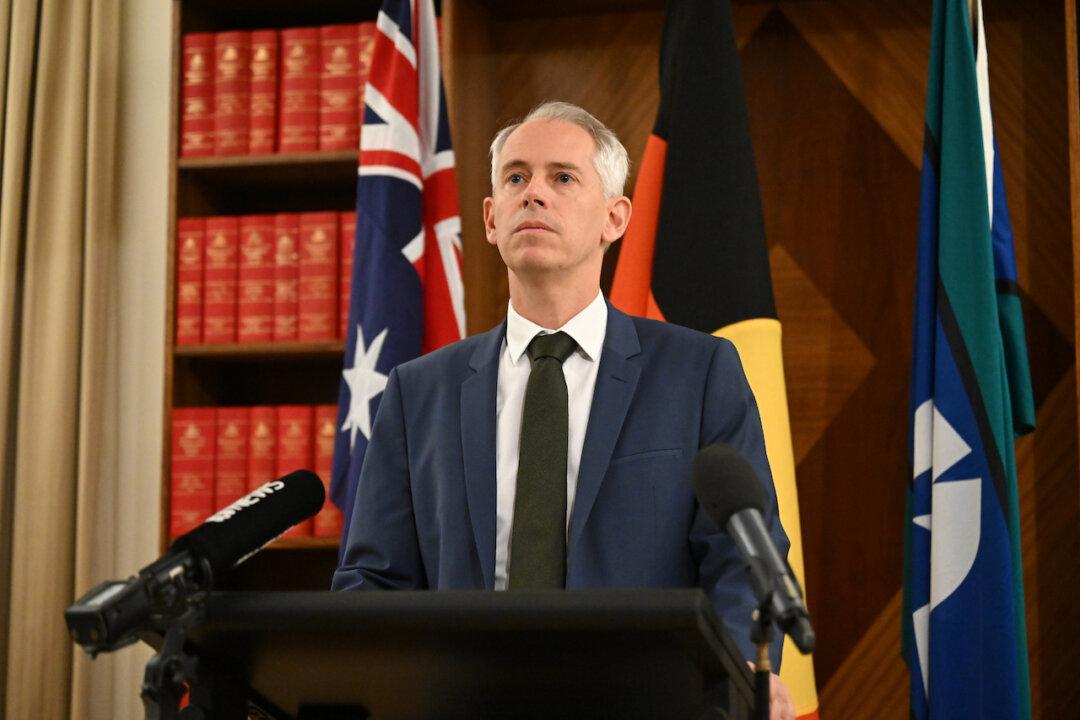Australian Immigration Minister Andrew Giles has issued a new ministerial direction that will prioritise community safety when decisions on visa cancellations are being considered.
This comes after the Administrative Appeals Tribunal (AAT) overturned several visa decisions made under the previous Direction 99 that allowed several dozen non-citizen criminals to remain in Australia. It prioritised a foreign national’s ties with Australia when deportation appeals were being reviewed.





